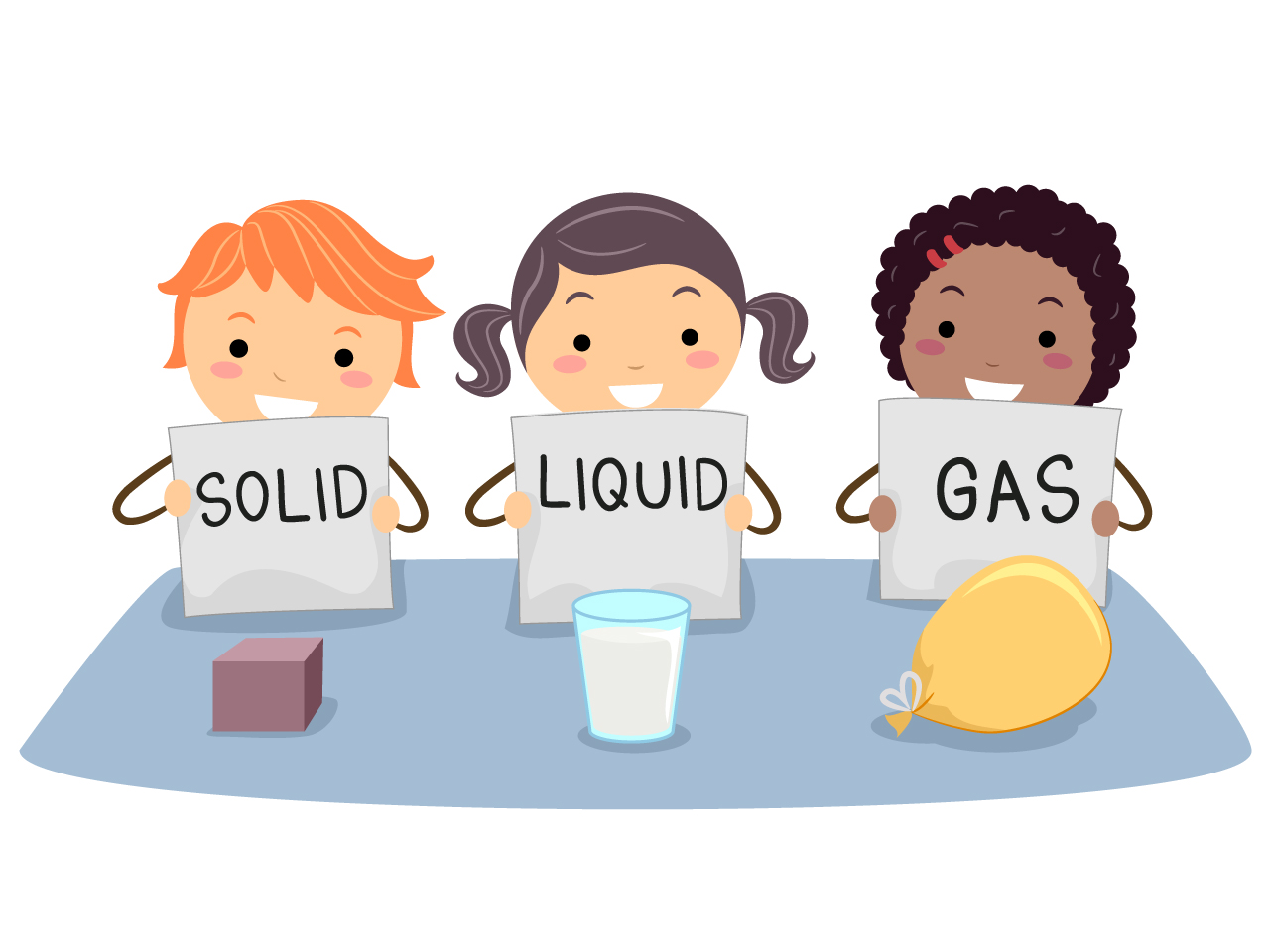6 Facts Parents Need to Know about Common Core
July 7, 2018
Since 2009, nothing has been talked about more in the educational community than the implementation of the Common Core Initiative. Change never comes easy, and there was no shortage of debate and controversy behind the roll out of the Common Core, causing many misconceptions to swirl about amongst the general public. Understandably, parents might be concerned about the initiative and what it means for their child’s education.

Let’s take a closer look at some of the key aspects of the Common Core as it stands today, and the key points that you need to know as a parent:
1. Common Core is a set of national standards, not a curriculum
Perhaps the biggest misunderstanding surrounding the Common Core is what it actually is. The Common Core was developed to take the place of individual state standards that guide a school district’s curriculum. Before the implementation of the Common Core, each state had its own adopted guide of state standards. These standards dictate the individual skills that students are supposed to learn or know in a specific grade level.
While each state adopted its own set of standards, the problem lies within the fact that state standards are not the same across the country. This means that what students learn in the 1st grade could be different in Mississippi, from New York. Since standards were not the same across the states, students who wished to pursue entrance to a major university across the country might be sorely unprepared in one state versus another.
The solution, therefore, was to adopt a set of standards that was the same across all states. Since standards are merely the set of skills students must learn and achieve, the curriculum—that is, how school districts teach those standards were and still are entirely up to the discretion of the school district, school, or teacher.
Special Offer: Get 60% off the yearly subscription on Kids Academy: Talented & Gifted Program! You’ll find tons of summer learning activities covering math, writing, science and much more!
2. Common Core standards are based on decades of educational research and development
One of the biggest controversies surrounding the Common Core is because of the methods that are currently used to teach elementary math. Many parents, having learned a very different way to solve math problems, think that Common Core problems are difficult and therefore a problem.
In reality, the goal of the new teaching methods reflect a more rigorous set of standards and expectations. These methods have come from a culmination of decades of educational research, resulting in standards that experts now believe are the key to a student’s educational success.
3. Common Core prioritizes critical thinking and analytical skills
As mentioned above, the new methods to teach math under the Common Core, many parents have lamented and even complained about the way their children are learning math. In recent years, educators and researchers alike have noted that the way in which kids learned math for many generations include only rote memorization and “drill and kill” methods.
Teachers today realize the importance of developing a child’s number sense to thoroughly understand the processes they use to solve math problems. This means that Common Core standards are based teaching kids to think critically, analyze information, rather than merely rely on mere memorization of formulas to complete math problems. Throughout both ELA and Math standards, the Common Core standards reflect the development of analytical and critical thinking skills.
4. What standardized test your child takes depends on your state and its laws
Many parents fear that the Common Core is synonymous with testing. The initiative often gets a bad rap because many people associate with it the standardized testing that all states, regardless of standards, implements to assess students. However, while all states use standardized testing, the Common Core does not require additional testing.
That said, the test your child takes depends on the state in which you live. Some states take the PAARC, or the Partnership for Academic Readiness for College and Careers assessment. While other Common Core states use the SBAC or Standard Balanced Consortium tests. Still, some states that use the Common Core standards have opted to create or adopt other standardized tests to assess students. In the end, whether you live in a Common Core state or not, your child will take a state test.
5. Common Core emphasizes cross-curricular learning
Parents who are browsing the Common Core Initiative might at first glance be concerned that the social studies worksheets they’ve been working on with their child has been all for naught. A first look through of the Common Core would have you believe that social studies and science is not included in the Common Core standards!
However, after reading through the standards for each grade level, one would notice that social studies and science is included under English Language Arts. Since kids need to achieve a level of literacy to understand all subjects, these topics are embedded within the ELA standards. As a result, the Common Core believes in and promotes the cross curricular learning of all the subjects.
6. Not all states have adopted the Common Core, and some have withdrawn from the initiative
Another misperception of the Common Core is that all states have adopted the initiative and use it in the same way. In fact, there are several states that have never adopted the Common Core standards. For instance, Texas has never adopted the Common Core, and refuses to do so. Currently 42 states and the District of Columbia use the Common Core, while some states have repealed their usage of the standards.
Most notably, states that do not use the Common Core standards still use state standards that are very similar to the Common Core. Even though certain states like Texas has not adopted the initiative, there is significant overlap between the Common Core standards and the Texas state standards, which are referred to as TEKS.











